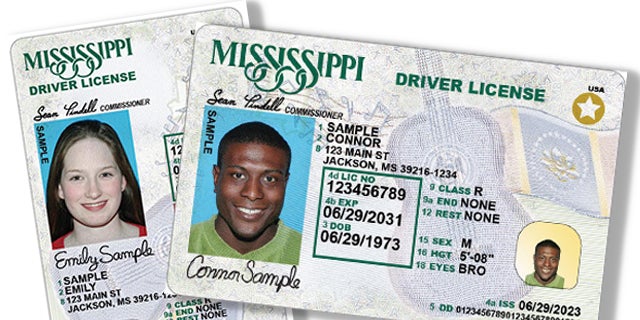When 'draining the swamp,' don't forget about the criminal justice system
Published 5:58 am Tuesday, December 5, 2017
The Kate Steinle verdict last Thursday by an uninformed San Francisco jury was our criminal justice system’s latest affront to common sense.
Garcia Zarate was convicted only of illegal possession of a firearm, which has a maximum sentence of three years under California law. Because he has been behind bars since Kate’s death on July 1, 2015, he will be given credit for time served and released by California authorities. Zarate will not be a free man, however. The U.S. Department of Justice has stated that he will be arrested and prosecuted for federal offenses.
The San Francisco District Attorney’s office should not have charged Zarate with murder, but with involuntary manslaughter or negligent homicide. No witness saw Zarate fire the weapon. He was arrested after fleeing the scene and disposing of the gun, and told investigators that he “found” the stolen weapon and dropped it on the pier, causing it to fire a bullet that ricocheted and killed Kate.
Much of the furor about this miscarriage of justice relates to Zarate’s status as an illegal criminal alien who had been deported five times before sneaking back into the country, stealing or possessing a stolen weapon, and killing Kate.
The most outrageous circumstance arising from the trial of Garcia Zarate, however, is that the jurors were not permitted to know the details of Zarate’s seven prior felony convictions, nor were they allowed to know about his five prior deportations.
Zarate had just been released back on the streets of sanctuary city San Francisco on April 15, 2015, after serving a 46-month federal sentence. It only took him 75 days before he committed more felonies, this time resulting in Kate’s death.
The Federal Code of Criminal Procedure, California and other state criminal statutes have codified the following irrationality emanating from Michelson v. United States, 335 US 469 (1948): Unless a defendant takes the stand, the jury cannot know about his prior criminal convictions.
Pharisaical law professors and legal apologists are experts on what the law says, but apparently, have no sense. They say neither Zarate’s seven priors, which were drug-related, nor the defendant’s illegal re-entries, are relevant to the charge for which he was being tried. Alternatively, they argue, their relevance is outweighed by the resulting prejudice against him.
Baloney.
Imagine being prevented by law from inquiring about your contractor’s record as a builder before he starts on your house. Wouldn’t you like to know if he had built defective houses or declared bankruptcy?
Prior acts and activities of your contractor is probably the best evidence of how he’s going to do building your house. Current criminal law provides that if a person is on trial for burglarizing your house, the jury cannot know about his seven prior burglaries unless evidence of those burglaries is offered to prove motive, system, or intent—in other words, unless the burglar used a distinctive “signature” in his prior burglaries that matched yours.
Jury consultants are paid big bucks to investigate every aspect of prospective jurors’ lives, including work and marital history, social media posts, etc. Thus the defendant, through his lawyers, gets to know everything about each juror. But the juror gets to know nothing about the defendant’s criminal convictions prior to the crime for which he is being tried. Isn’t that backward?
Defendants are presumed innocent of the crime with which they are charged, but are not be entitled to be presumed to be an innocent. Jurors should know about the defendant’s past criminal history.
The U.S. Criminal Justice System is also a swamp that needs to be drained.





